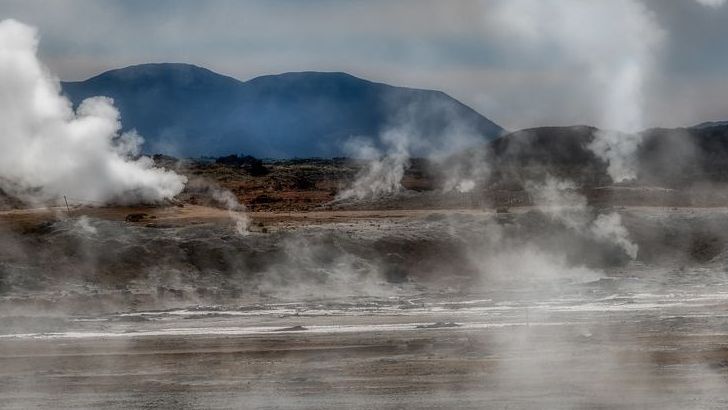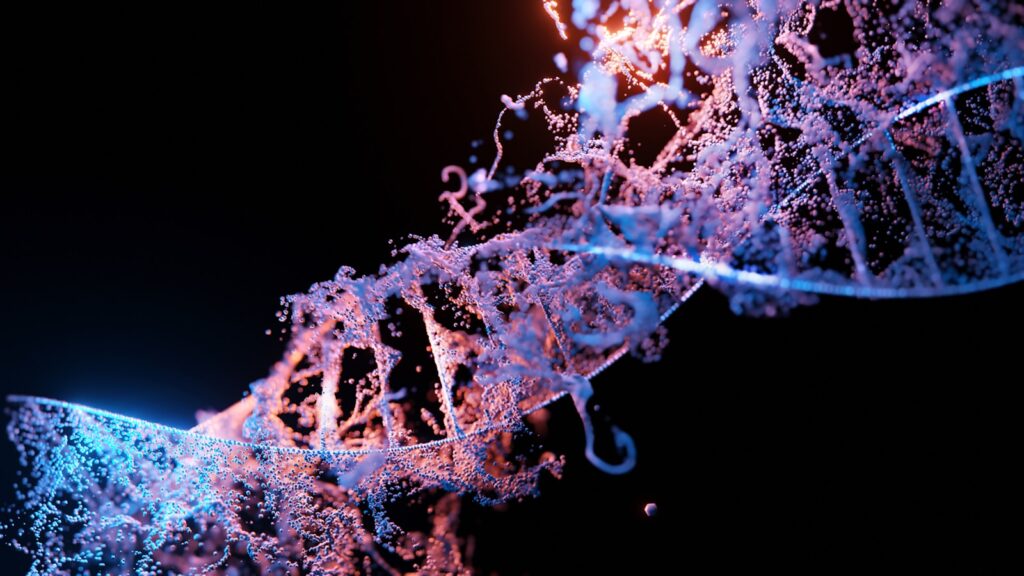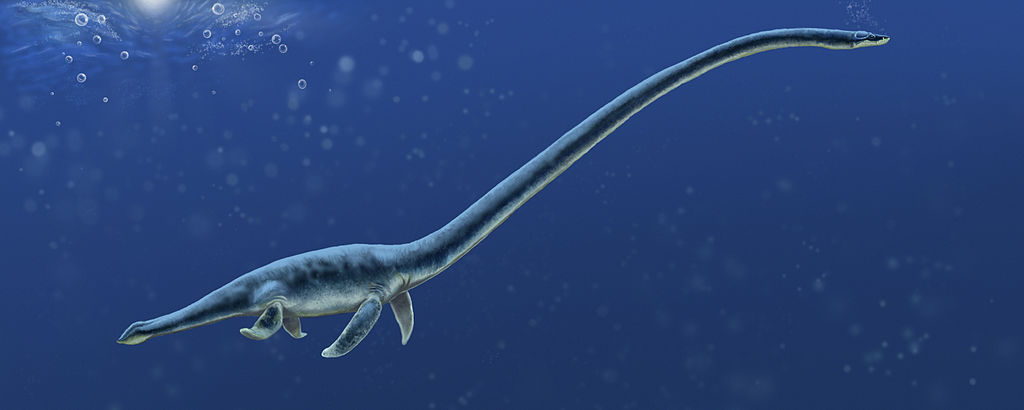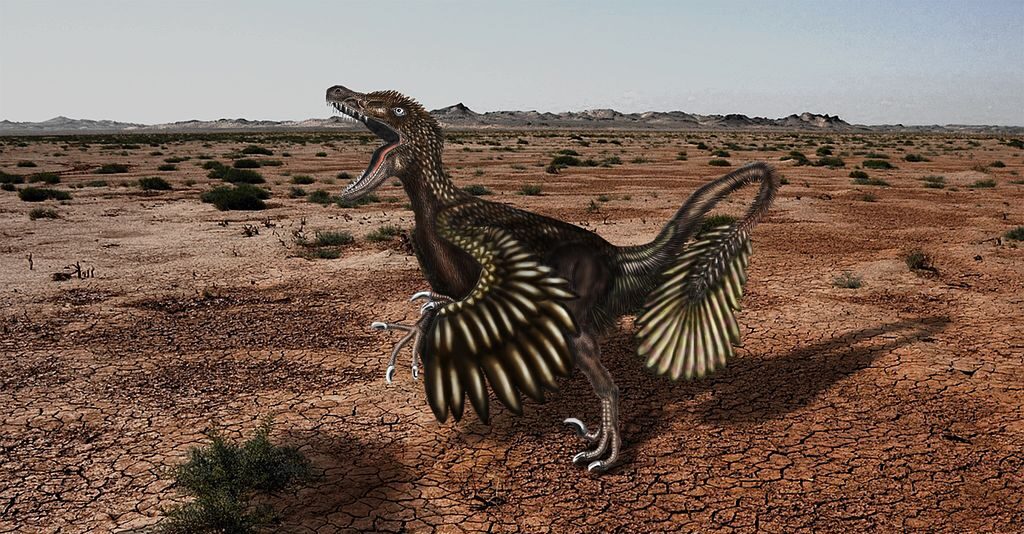Step into a time machine and journey back about 200 to 145 million years ago to . Imagine breathing in air that was completely different from our modern atmosphere. The world would have assaulted your senses in ways you’ve never experienced.
During this remarkable time, Earth was a planet transformed. The air itself carried aromas that would seem alien to us today, creating an olfactory landscape as exotic as the massive dinosaurs that roamed its lush forests.
A Richer, More Oxygen-Filled World
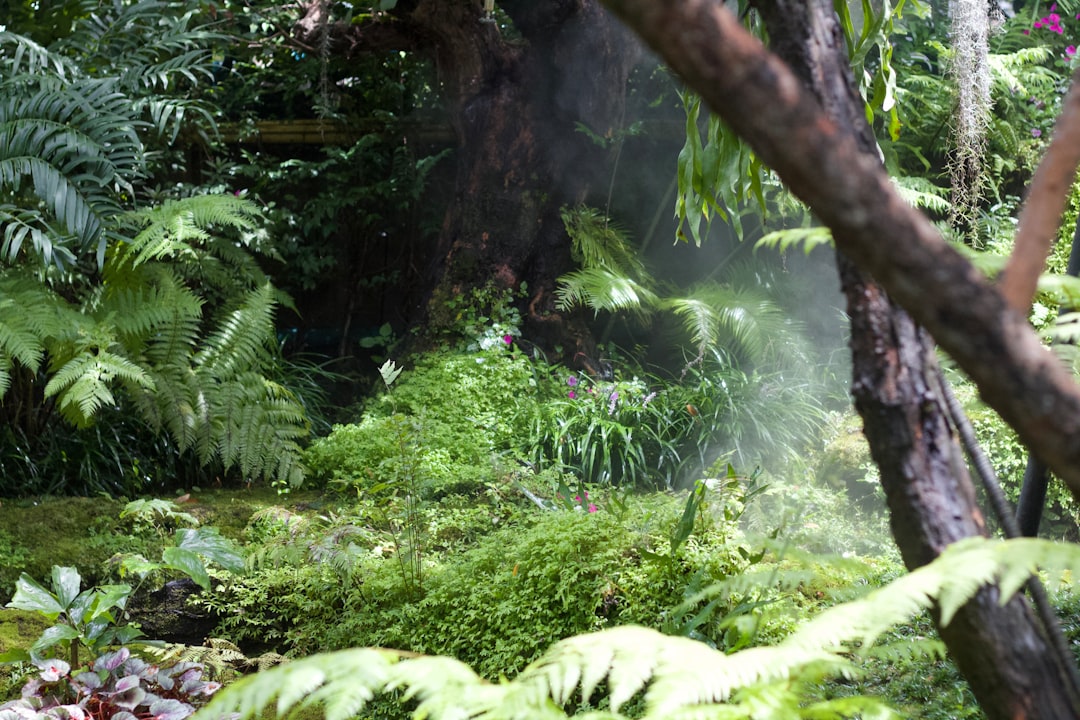
The atmosphere of the Jurassic Period contained significantly more oxygen than today, with amber air bubbles revealing oxygen composition of around 23-25% compared to our current 21%. This higher oxygen concentration would have made breathing feel different and potentially intoxicating.
The dinosaurs breathed air that was much richer in oxygen and lived in forests that were far more combustible than ours, with oxygen present in incendiary quantities. Picture drawing in a deep breath and feeling that extra richness filling your lungs with moderately more oxygen than you’re accustomed to.
The Tropical Jungle Atmosphere
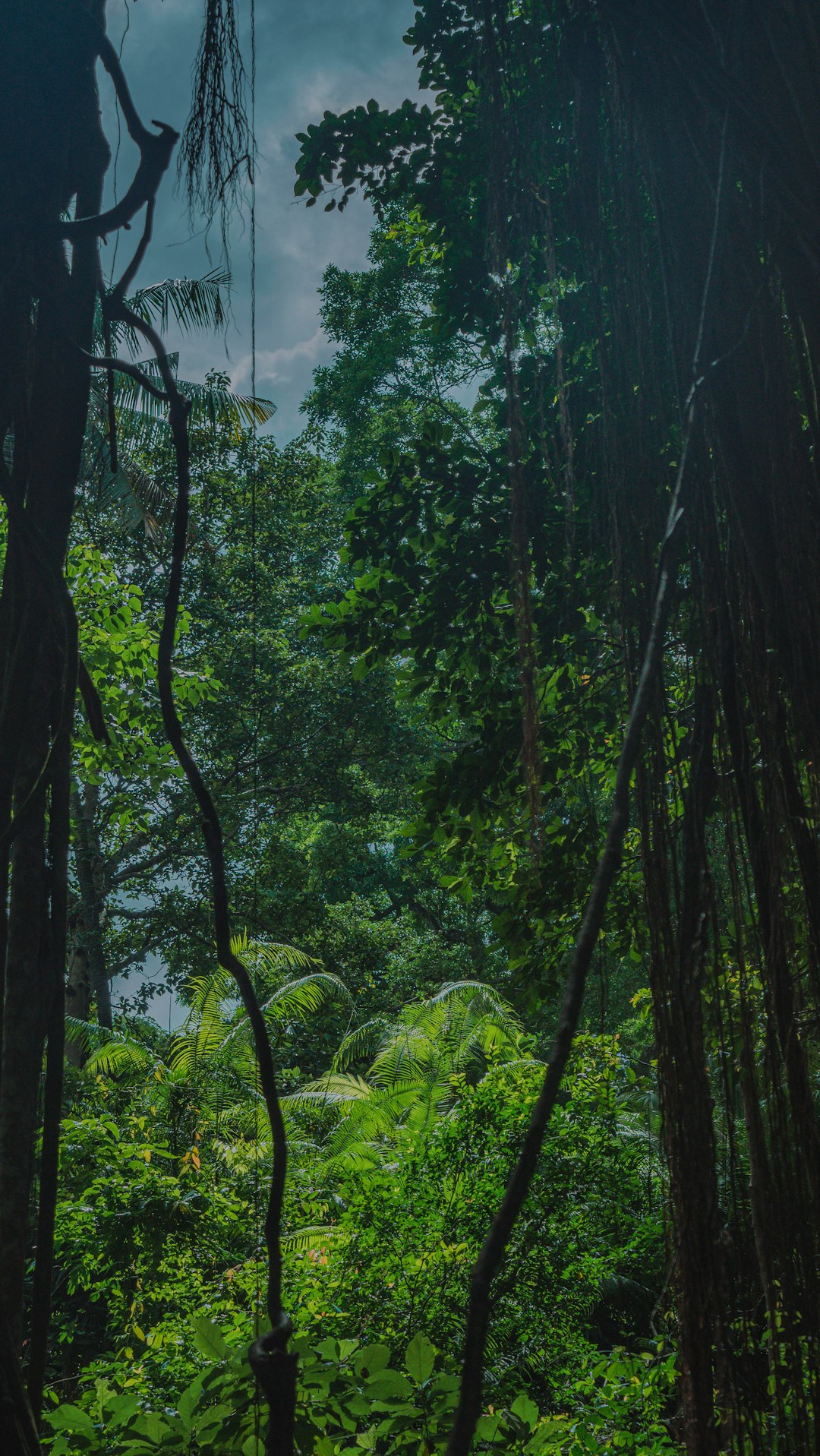
The Jurassic Period brought increased rainfall that allowed fern jungles and other forests to sprout around Earth, creating a planet that likely smelled like a tropical jungle filled with rotten leaves and wet earth. This wasn’t the crisp forest scent you might know from modern woodlands.
The warm climate created air that was thick and humid, making it difficult to breathe. The atmosphere would have felt heavy and saturated, carrying moisture and organic decay that permeated every breath you took.
Volcanic Sulfur Permeating the Air
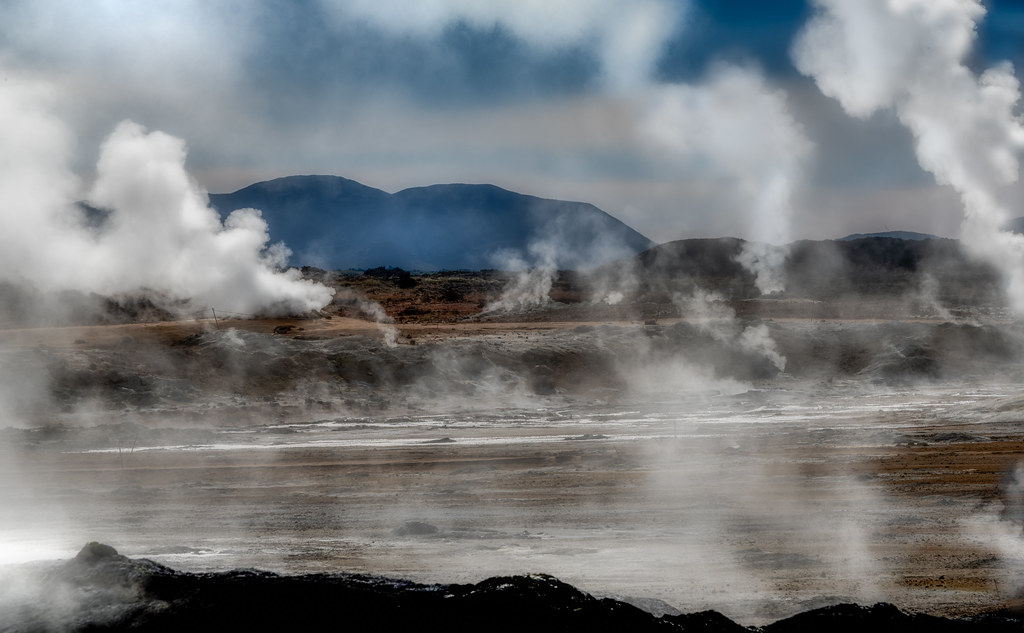
Volcanic activity produced familiar and noxious-smelling sulfur gases including hydrogen sulfide and sulfur dioxide, with sulfur being a principal component of volcanic gases. The Jurassic Period saw various sulfur-metabolizing microorganisms laying down deposits of native sulfur in hot springs.
The distinctive rotten egg smell of hydrogen sulfide would have been detectable around volcanic areas. Unlike today, volcanic activity was more widespread, meaning these sulfurous aromas would have been common across many regions.
Ancient Plant Aromas Without Flowers
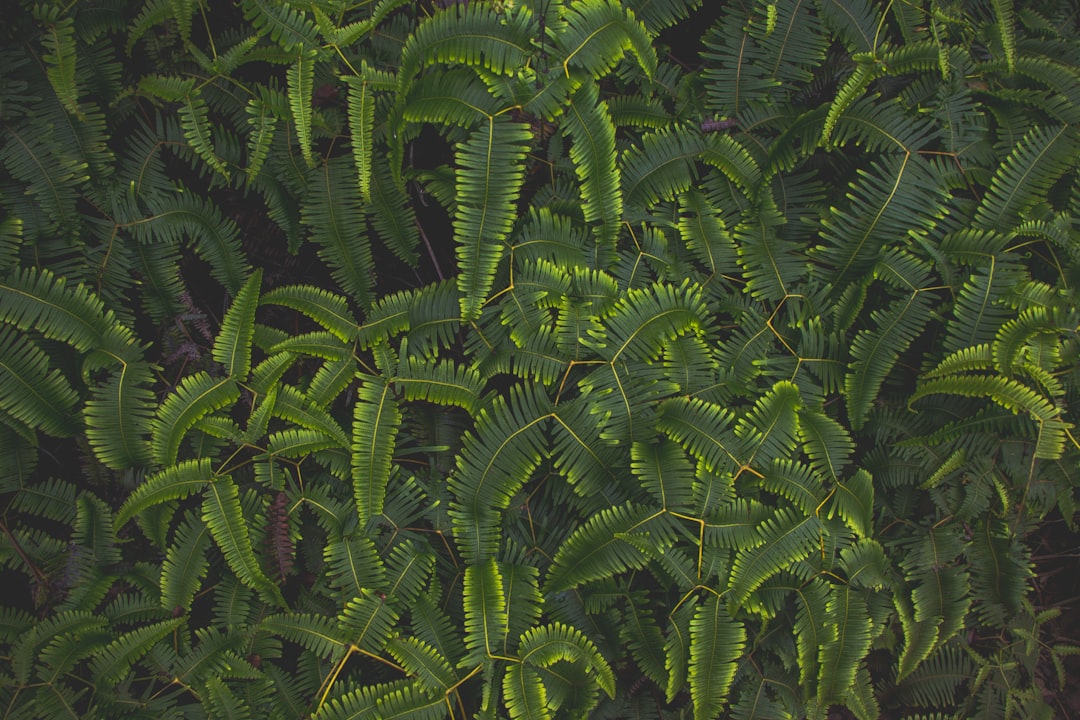
During the heyday of dinosaurs, forests and swamps were not scented with sweet wildflower blossoms but instead filled with copious pollen from seed ferns and cycads, and perhaps the odor of resins from cone-bearing species. The absence of flowering plants created a completely different botanical perfume.
Ancient plants had unusual odors, with primitive plants like pawpaws having distinctive smells. These ethereal oils from ancient plant lineages created scents unlike anything in our modern world.
Dense, Humid Forest Floor Scents
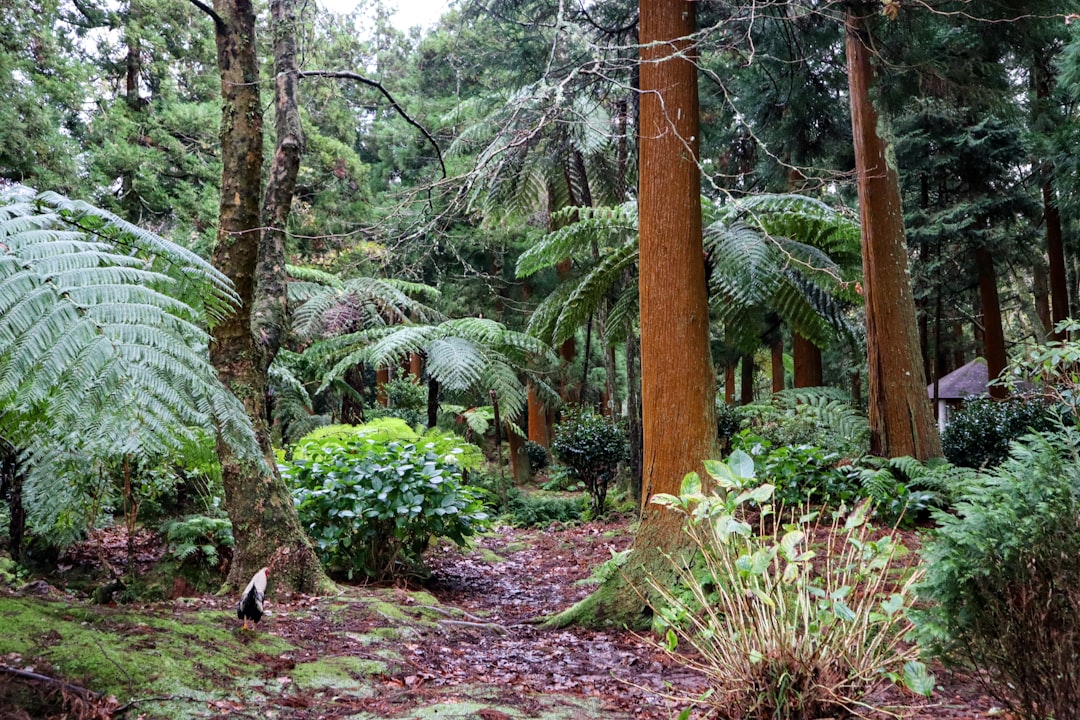
Ferns and ginkgoes dominated the early Jurassic landscape, flourishing alongside bennettitaleans and true cycads. Jurassic dinosaurs feasted on cycads, clubmosses, and horsetail plants in a hot and humid climate with bodies of water running through forests.
The forest floor would have been thick with decomposing ferns and cycad debris. This created a rich, earthy musk that mixed decomposition with the green, spory scents of these ancient plant forms. Imagine the smell of a greenhouse combined with a swamp.
Sea Spray and Marine Life
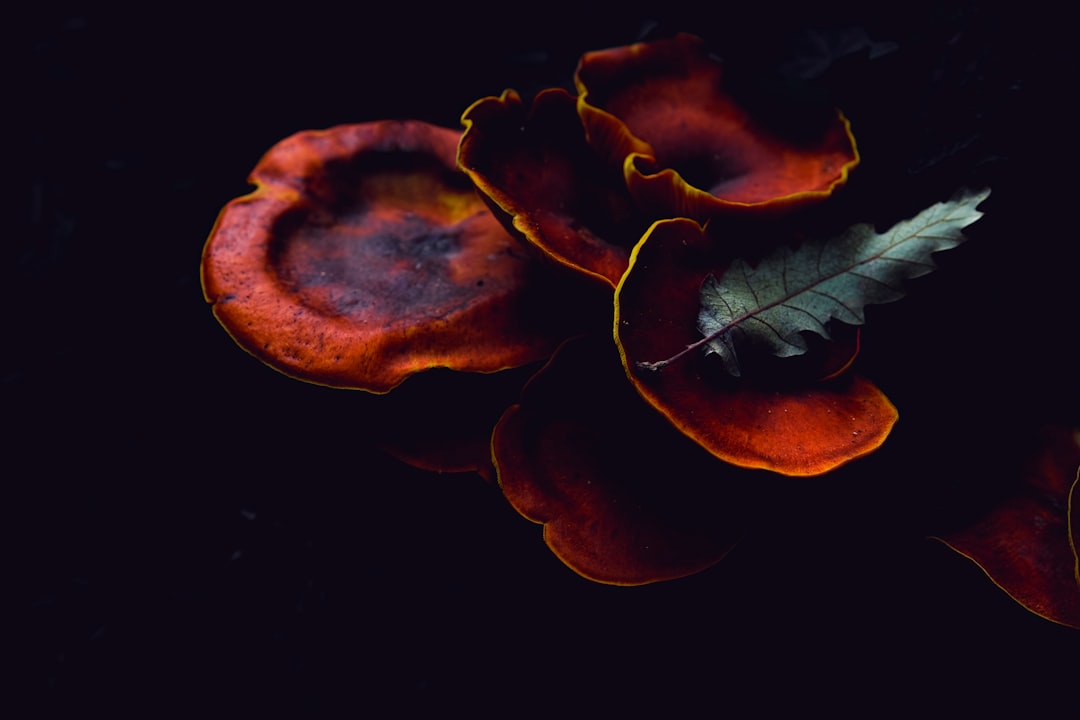
Inland seas filled with diverse marine life were borne of crumbling landmasses, as new oceans flooded the spaces between continents. These shallow seas brought maritime aromas far inland.
Microscopic, free-floating plankton proliferated and may have turned parts of the ocean red. The combination of algal blooms, marine decay, and mineral-rich waters would have created a briny, organic scent that drifted far from coastlines.
Carbon Dioxide and Greenhouse Gases
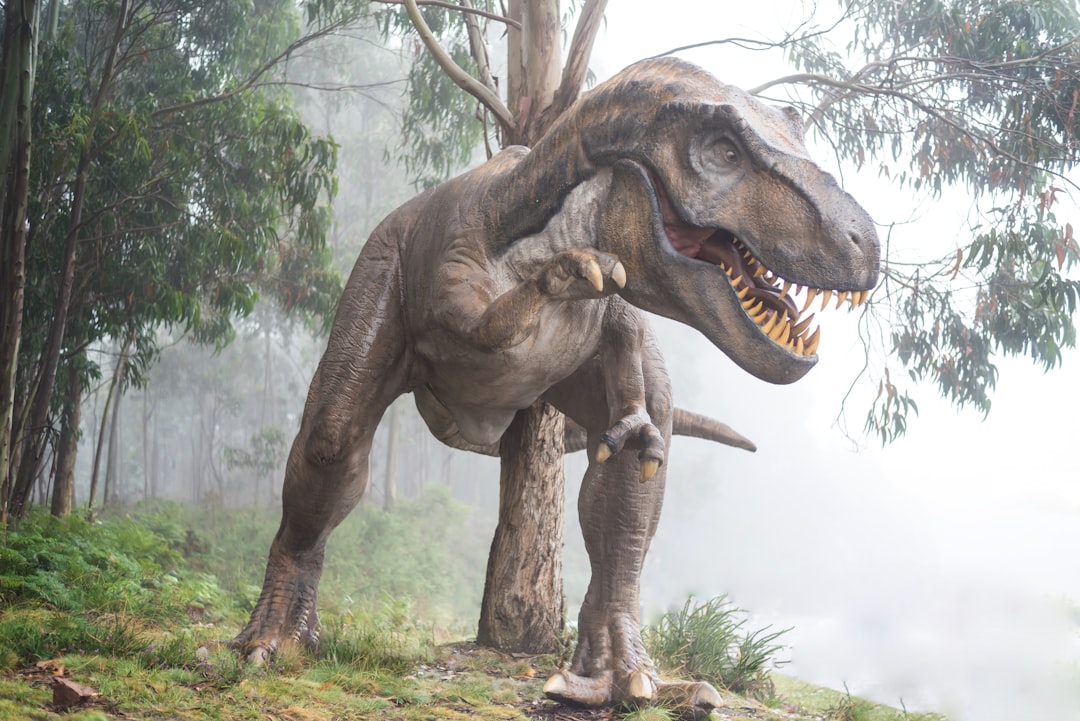
, there was much more carbon dioxide in the atmosphere than today, perhaps 4-5 times the current amount. While carbon dioxide itself is odorless, this massive concentration would have supported different bacterial processes and plant decay.
The elevated CO2 levels created a greenhouse effect that intensified all other aromas. Decay happened faster, plants grew more vigorously, and the entire atmospheric chemistry was altered in ways that would have affected how every scent molecule behaved.
The Absence of Modern Fresh Air
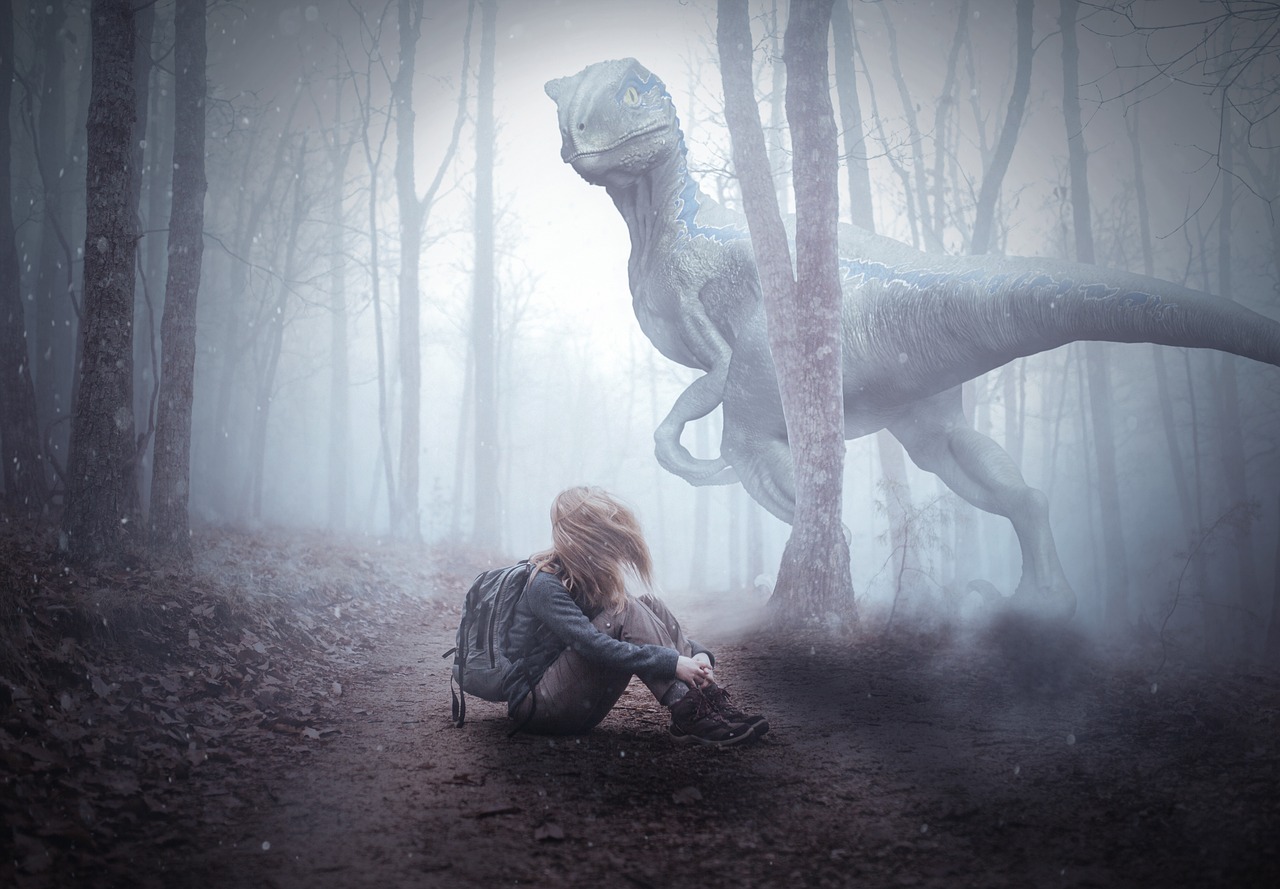
Unlike the crisp smells of fresh snow or the salty aroma of modern oceans, the Jurassic atmosphere lacked many of the clean, fresh scents we associate with nature today. There were no grass prairies to provide that sweet, clean smell after rain.
There were no palms or flowering plants as we know them today in the Jurassic. Without modern flowers, there were no jasmine nights, no rose gardens, no lavender fields. The very concept of “fresh air” would have been foreign in this dense, humid, biologically intense atmosphere.
What would it have been like to breathe that ancient air? Honestly, it might have been overwhelming for modern lungs. The combination of extra oxygen, volcanic gases, humid decay, and unfamiliar plant chemicals would have created an intoxicating, almost alien sensory experience. What do you think about stepping into that aromatic time machine?

